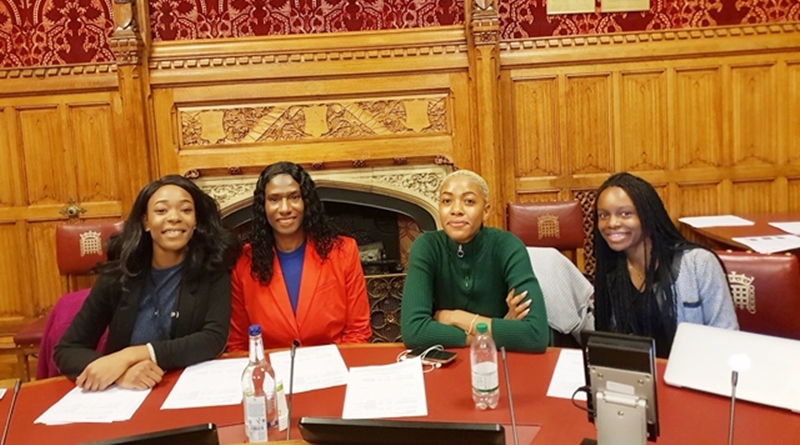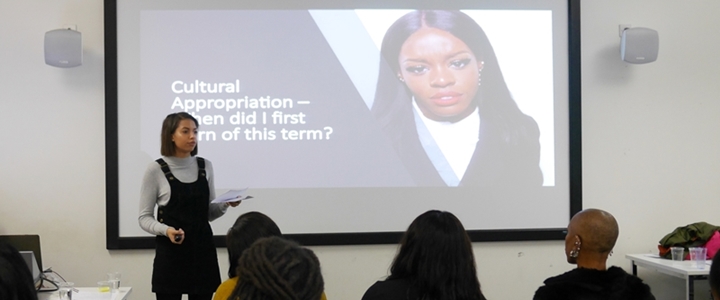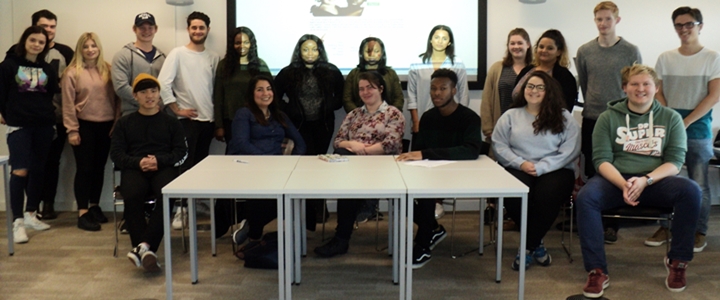Invited to write a blog post for the Gender and Education Association on the topic of ‘social media with impact’, I was guided to focus on things such as why use social media? What does social media do that other forms of writing don’t? How can social media enhance your career profile? What does social media with impact mean for you?
Having reflected on these questions, I decided to flip the focus from what social media can do for you to what you can do with social media – and encourage you to think about what this term ‘social media with impact’ really means.
From a personal perspective, social media is often lauded as a platform for networking, but it also functions extremely well as a tool for learning as much as a platform for dissemination and promotion.
I learnt that during my era of blogging while undertaking my PhD, which began in November 2011 to share my experience of the Interim Assessment, and ended with my last post the day after I graduated in July 2014.
Reflecting on this period as I have done many times, my PhD blog, which focused on my research journey and experiences of key stages of the doctoral process, functioned for me as a valuable tool for learning – and as I later discovered, for thousands of other students too.
My PhD thesis on Black bloggers in the UK, includes an autoethnographic chapter where I document and analyse my own blogging motivations and gratification and use of blogs through three complementary but distinct identities, one of which is ‘The Academic’.
In this chapter I argue that my PhD blog ‘serves a dual purpose of developing a public persona as an academic, while simultaneously utilising the blog as a reflexive tool as part of the learning process’ (Gabriel, 2014, p. 104).
When I refer to developing a public persona, in my mind this was largely directed towards family and friends, to whom who I sent copies of all my blog posts, which I also shared on Facebook and Twitter for good measure.
Ironically, one of the findings of my PhD thesis is that sharing experiential knowledge – knowledge gained through experience, is a primary gratification for Black bloggers which certainly rings true for me.
My blog also encompasses a dimension of experiential learning referenced in my PhD thesis: conversational learning ‘based on the premise that people learn from each other to create new knowledge through the medium of conversation. Conversations are conceptualised as social experiences that generate new ways of seeing the world’ (Gabriel, 2014, p. 104).
This became apparent when comments and feedback on my posts grew exponentially and I observed that the articles on research methods were attracting the most attention. To date, one entitled: ‘Inductive and Deductive Approaches to Research’ has had more than 348,000 hits and 128 comments – mostly students thanking me for bringing them clarity on the research process, like Mulisa, who just last month wrote:
“Thank you so much Deborah. I really got to uncover what puzzled me on deductive versus inductive approaches.”
Sometimes I get questions from students trying to apply the principles to their own studies, which I endeavour to answer if I have the time. My blog has created a learning community of its own, which for me is the best form of social media impact.
Helping students learn through my blog extends my role as an academic beyond my institution in a way that is immensely rewarding.
That’s what social media with impact means to me.
As an academic with a background in journalism (theory and practice) who currently teaches across degrees in advertising, public relations and marketing communications, I guess it’s fair to say that I use social media in other ways too.
I am on LinkedIn and Goodreads and use Facebook largely to maintain my pages: Black British Academics, Layers of Blackness and People With Voices. These represent current and past projects linked to equality, social justice, media participation and representation – they all have websites and some have Twitter accounts.
They are invaluable tools for building networks and communities and keeping audiences updated on developments. But the most valuable tool for me as an academic in terms of sharing and promoting publications has to be Academia.edu.
My book on colourism, Layers of Blackness has its own website where it can be read online or downloaded – but over 16,000 people around the world have found it on Academia.edu. What I most like about this site is that when downloading people are prompted to leave a message saying why they have downloaded your publication.
One I received underlines my belief that in terms of making a difference to people’s lives and leaving a lasting impact, it is more important to focus on what you can do with social media, rather than what it can do for you:
“To be honest, I was looking at your page on the differences of inductive and deductive approach to research to understand it better, when I realised I was on the page of an awesome person who made me think twice about myself in academia” (Angela).
Cited
Gabriel, D. (2014). Blogging While Black and British: An Exploratory Study on the Use of Blogs as Social, Cultural and Counterhegemonic Practice. (PhD Thesis), University of Salford, Salford




